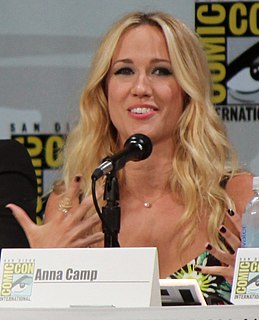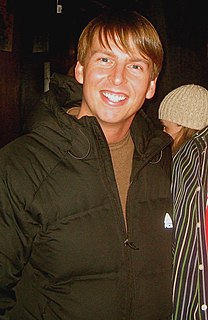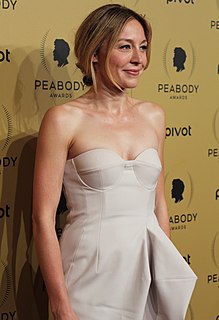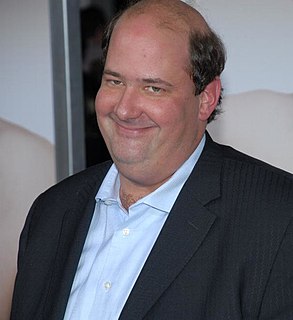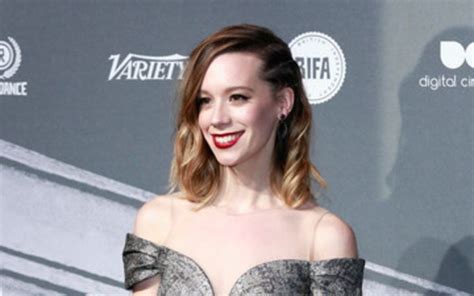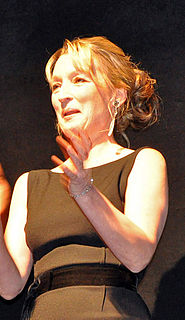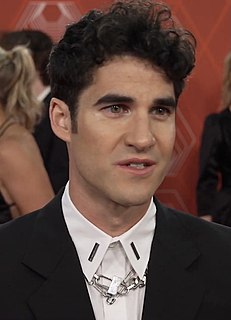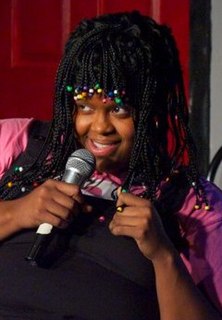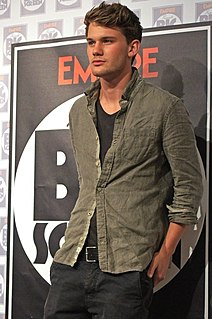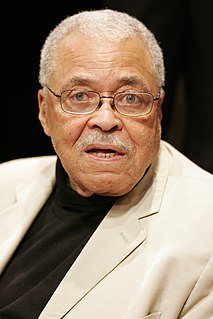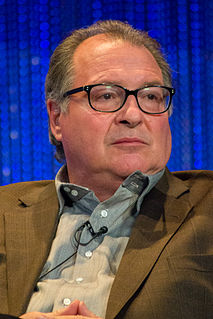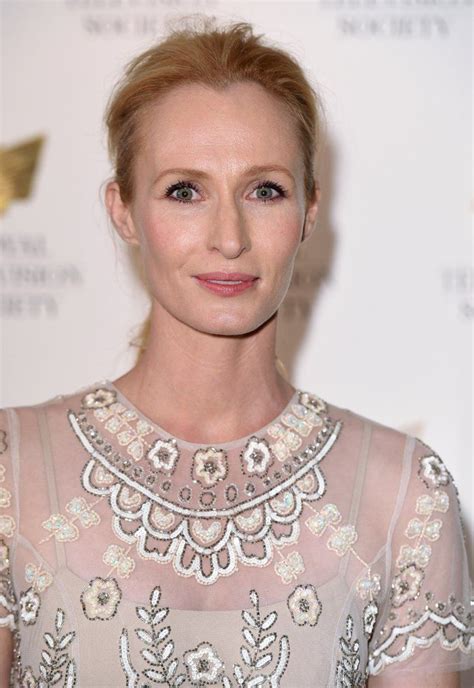A Quote by John Guare
To stay around any place you love, you have to have a job. In college at Georgetown in the fifties, I got my first theater job checking coats at the National, which was Washington's main theater.
Related Quotes
I was interning at a children's theater group in Kentucky - that was my first job out of college. I had jumped around a couple of regional theaters, and I was about to go back to Maine to work at a summer Shakespeare theater there. I didn't want to just jump around the country from gig to gig. I really wanted to go to a city and get involved in a theater scene and a theater community.
The thing is this: I've got an amazing career in England that couldn't possibly get much better. I do the best theater around, I work at the National Theater, the Old Vic - which I'm sure you've heard of because it's the one Kevin Spacey runs - and I play the most amazing roles and work with the most amazing directors.
When I was in college, I was in the theater department, which for anyone who has been involved in any kind of theater program, you know that it's really wacky and tight-knit, a real family. Me and my good friends from college would do random shows and plays that were sometimes serious, but most of the time really goofy and funny.
My first time acting for camera really was for Steven Spielberg in War Horse. I was trained in theater and I was actually working in theater at the time. I had a small role with the Royal Shakespeare Company, which is a huge prestigious theater company back in England. I honestly thought that was as good as it got.
From the time I was five years old, theater was all I knew. I did community theater; I went to theater school. It's like going to the gym as an actor: every single night, you have to recreate the illusion of the first time, so you really have to listen and connect and stay in the moment for an hour and a half - with no breaks.



